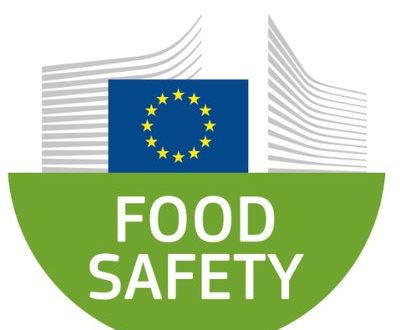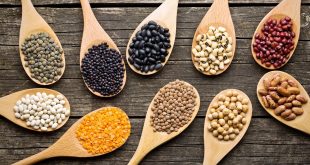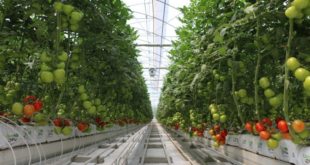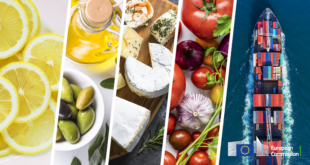Press release…
Copa and Cogeca support the Commission’s contingency plan on food security and stands ready to take an active part in the future EFSCM
The European Commission issues today an important Communication on its vision of the lessons learned from the Covid crisis in terms of food security, and its solutions in a landscape associated with higher risks. Copa and Cogeca broadly agree with the Commission’s assessment and welcome the institutional response proposed by the Commission to set up a Security Crisis preparedness and response Mechanism (EFSCM) to better coordinate response to crisis in the food supply chain. Nevertheless, on European vulnerabilities and dependence identified by the Commission, the solutions offered in the Farm to Fork strategy remain unclear.
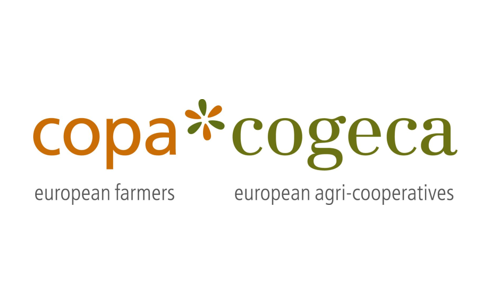
While the EU agricultural community is still facing important stresses linked to the COVID crisis, especially regarding input prices, the Commission’s contingency plan is a timely initiative welcomed by Copa and Cogeca. As already acknowledged by Commission President Ursula von der Leyen during the last EU Agricultural Outlook Conference, the communication points out the resilience and the key role played by the farming sector during the height of the pandemic in 2020. Copa and Cogeca share the Commission’s analysis of the relevance of the measures that were put in place at European level (eg. supply of food as an essential activity, guidelines on green lanes, cross-border and seasonal workers in the food sector as essential workers, temporary framework on State aid) and the need for national and European coordination for timely and prepared reactions to address an unpredictable crisis. Avoiding misinformation and the implementation of national unilateral measures that could disrupt the single market and exacerbate the pressure on the food supply chain is key. The idea proposed by the Commission of a Security Crisis preparedness and response Mechanism meeting periodically, acting as a contact point and bringing together the Commission, member states and stakeholders to conduct risk analyses and stress tests, is a first relevant institutional response. Copa and Cogeca, which set up rapid analysis mechanisms during the crisis, are ready to collaborate and provide their expertise in the framework of this initiative.
Copa and Cogeca also support the Commission’s risk analysis considering the increased uncertainty related, for example, to more frequent extreme weather events and market volatility affecting EU production capacities. This is key in a moment when world leaders are concluding the work in Glasgow at COP26 and have recognized the need for a transition towards sustainable and climate-resilient food systems, taking into consideration the vulnerability of agriculture to the impacts of climate change.
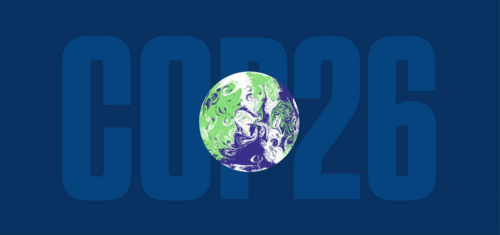
As the communication recognises, Europe has certain dependencies and vulnerabilities that need to be addressed. On this essential point, the Commission’s Communication is not precise enough at this stage, particularly with regard to the solutions that will be provided in the context of the Farm to Fork strategy. In its plan, the Commission is referring to the opportunities linked to its flagship agricultural strategy, but it must also consider the risks and stresses that this strategy can also bring. The first studies on its potential impact, still incomplete, show clear trends of a decreasing EU production potential and an increased dependency on imports. Copa-Cogeca, following the European Parliament, is calling for a precise impact study of the effects of the strategy, particularly because of some of the risks identified in this contingency plan.
 THE GLOBAL WINDOW OF TURKISH FOOD AND AGRICULTURE The Global Window of Turkish Food and Agriculture Sector
THE GLOBAL WINDOW OF TURKISH FOOD AND AGRICULTURE The Global Window of Turkish Food and Agriculture Sector


